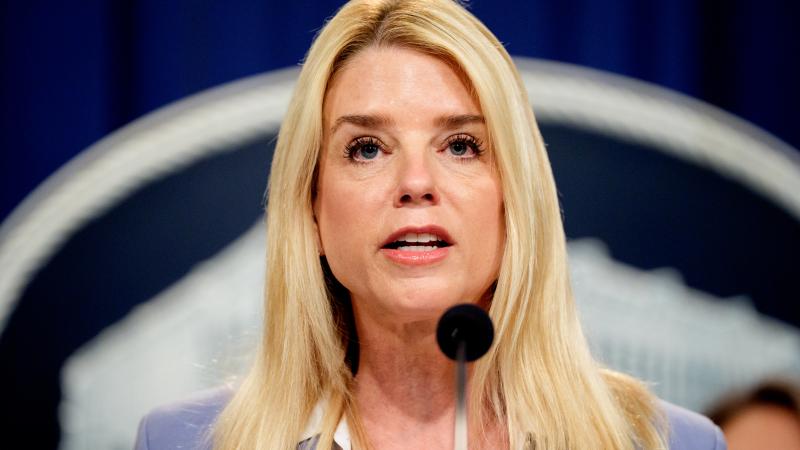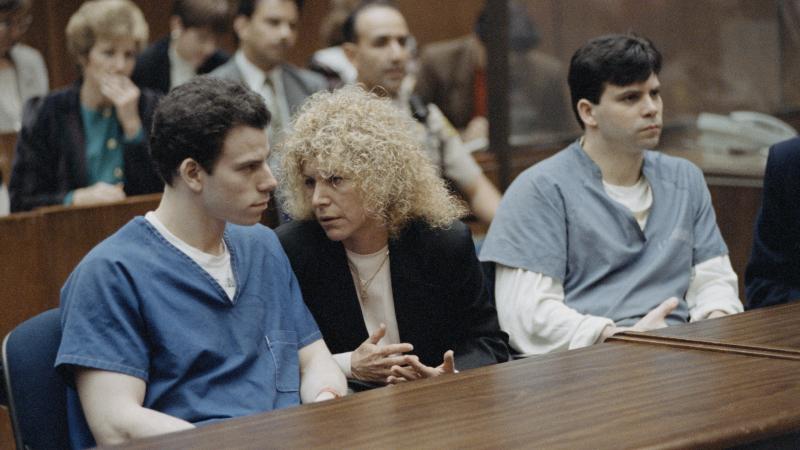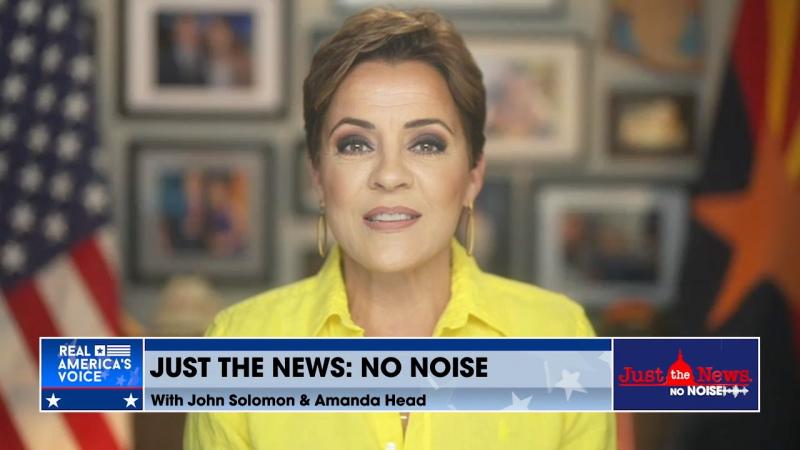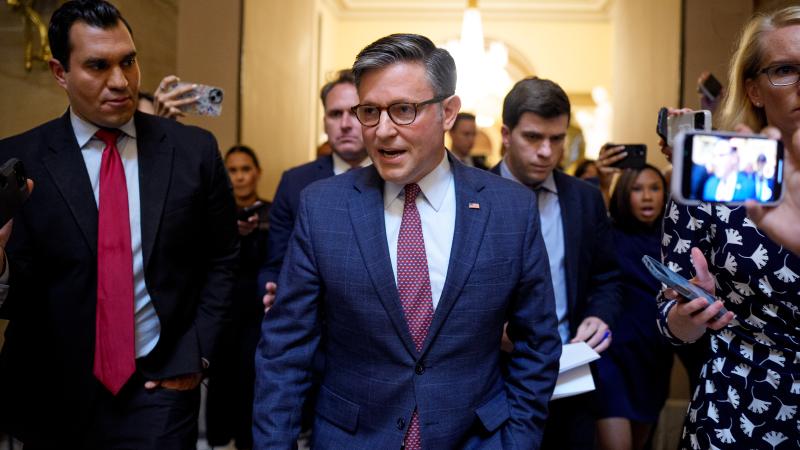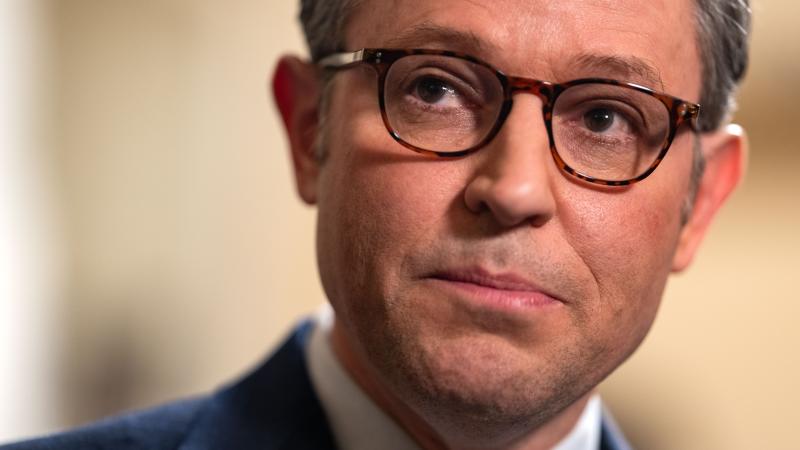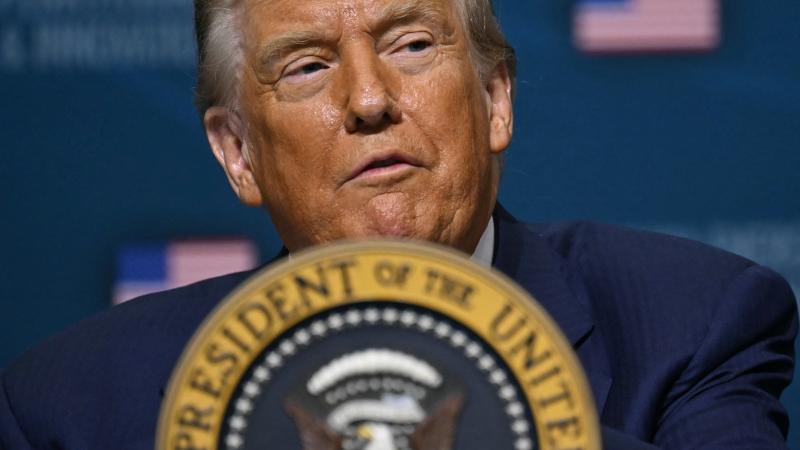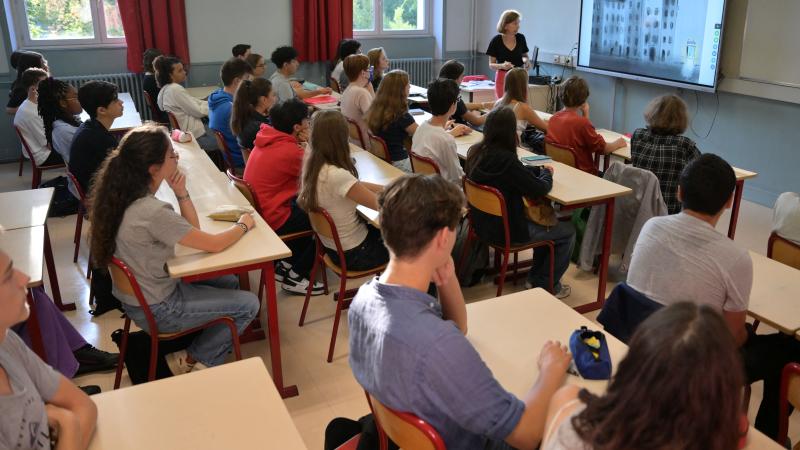Supreme Court does not intervene in Florida's voting restrictions on felons
The Supreme Court chose not to overturn an a federal appeals court stay
The Supreme Court decided Thursday not to overturn a federal appeals court's action that bars some felons in Florida from being eligible to vote unless they pay fines, fees and restitution.
The 6-3 decision comes before the state's August 18 primaries.
The nation's high court chose not to overturn a stay that the U.S. Court of Appeals for the 11th Circuit issued regarding a judge's ruling that the voting restrictions on felons were unconstitutional.
Floridians in 2018 voted to alter their state Constitution to allow some felons to regain their voting rights, "upon completion of all terms of sentence, including parole or probation."
But the state legislature in 2019 passed legislation requiring felons to pay fines, fees and restitution before regaining the right to vote.
Justices Sonia Sotomayor, Elena Kagan and Ruth Bader Ginsburg dissented with the Supreme Court's decision.
“This court’s order prevents thousands of otherwise eligible voters from participating in Florida’s primary election simply because they are poor,” Sotomayor wrote.

